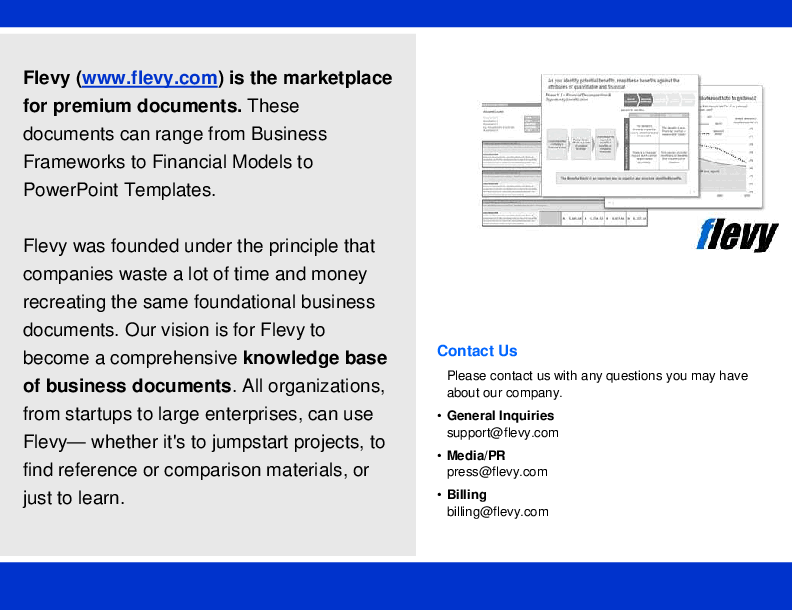TPM: One-Point Lessons Poster (PDF)
PDF document + PowerPoint (PPTX) 5 Pages
BENEFITS OF THIS PDF DOCUMENT
- Offers quick and easy access to essential knowledge, simplifying daily tasks and reducing the need for extensive searches.
- Offers practical tips for developing effective one-point lessons to support your Autonomous Maintenance program.
- Aligns with Total Productive Maintenance (TPM) initiatives, fostering a culture of continuous improvement and excellence on the shopfloor.
TPM PDF DESCRIPTION
One-Point Lessons stand as a cornerstone activity within an Autonomous Maintenance (AM) program, a vital component of Total Productive Maintenance (TPM). These concise, self-study guides embody the spirit of continuous improvement on the shopfloor. At their core, One-Point Lessons are designed to transfer essential knowledge and skills among team members, enabling them to become autonomous problem-solvers and proactive contributors to operational excellence.
However, common mistakes can hinder their effectiveness. Three key errors to avoid include:
1. Insufficient Clarity: Ensuring that the lesson's purpose and content are crystal clear is essential, as unclear lessons can lead to confusion among learners.
2. Information Overload: Overwhelming the audience with excessive data can dilute the lesson's impact and hinder effective learning.
3. Lack of Adaptability: Customizing lessons to address specific workplace needs is crucial. Using generic content without personalization reduces the relevance and effectiveness of the lesson.
What Is a One-Point Lesson?
A One-Point Lesson is a compact, 5-10 minute learning resource meticulously created by your very own team members. It focuses intensely on a single facet of equipment, machinery, or work processes. These lessons are crafted to offer clarity and simplicity, ensuring that every learner grasps the essential insights required to excel in their roles.
Purposes of One-Point Lesson:
One-Point Lessons serve three fundamental purposes within the context of Total Productive Maintenance (TPM) and Autonomous Maintenance (AM) programs:
• First, they are invaluable tools for sharpening equipment-related knowledge and skills among team members, bridging knowledge gaps, and ensuring that everyone possesses the essential know-how needed for daily production tasks.
• Second, One-Point Lessons provide a means to efficiently communicate critical information when it is most needed, enabling proactive problem-solving and reducing downtime.
• Finally, these lessons play a pivotal role in enhancing the overall performance of the entire team, fostering a culture of continuous improvement and driving excellence on the shopfloor.
The poster is available in two distinct themes: a vibrant color scheme and a professional monochrome version. In both formats, the poster comes in a convenient PDF as well as an editable PPTX format, enabling effortless printing on A3/A4-sized paper from standard office copier machines. This versatile resource can be prominently displayed on employee workstations or distributed alongside TPM training materials.
Furthermore, the poster is an ideal supplement to TPM-related training presentations. It serves as a valuable takeaway, summarizing the core principles of TPM and Autonomous Maintenance and reinforcing the key takeaways from your training.
The One-Point Lessons Poster include the following:
1. What is a One-Point Lesson?
2. Three Purposes of One-Point Lessons.
3. Three Categories of One-Point Lessons.
4. How to Prepare a One-Point Lesson.
5. Tips for Writing Effective Lessons.
Note: The Japan Institute of Plant Maintenance (JIPM) is a nonprofit research, consulting, and educational organization that helps companies increase organizational efficiency and profitability through improved maintenance of manufacturing equipment, processes, and facilities. The JIPM is the sponsoring organization for the TPM Excellence Award, awarded annually to recognize excellence in company-wide maintenance systems. Based in Japan, JIPM is the innovator of methodologies that have been implemented around the world.
Got a question about the product? Email us at support@flevy.com or ask the author directly by using the "Ask the Author a Question" form. If you cannot view the preview above this document description, go here to view the large preview instead.
Source: Best Practices in TPM PDF: TPM: One-Point Lessons Poster PDF (PDF) Document, Operational Excellence Consulting




